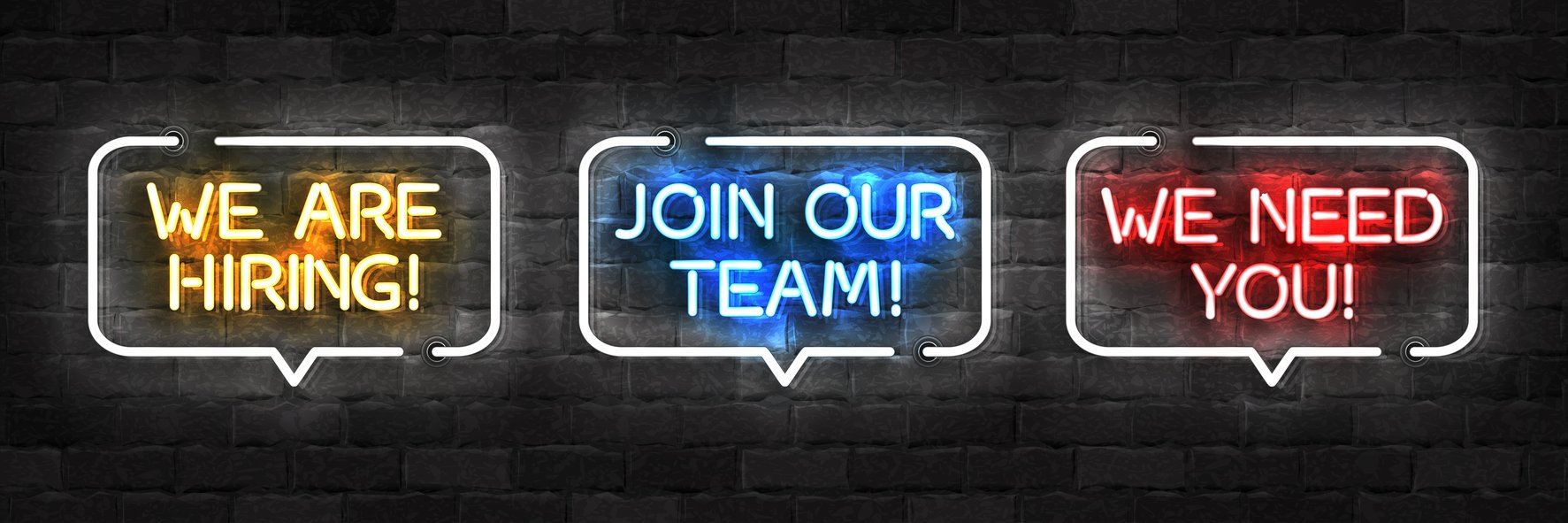
Creating and implementing effective B2B marketing and communications campaigns requires a deep understanding of your business and industry. Our associates offer our clients decades of combined experience and a passion for complex industries. Hartley Suter, senior vice president, discusses best practices for developing authentic employer branding and messaging.
WHY ARE SOME B2B BRANDS HESITANT TO INVEST IN EMPLOYER BRANDING?
The talent gap has been an existential threat for B2B brands across all industries for years and hiring challenges have been greatly exacerbated in the years following the COVID-19 pandemic. Today, there are nearly two open jobs for every one job seeker, according to the U.S. Bureau of Labor Statistics. The gap widens further for employers who are only focused on attracting customers and not future employees.
To overcome hiring challenges, B2B brands need to show they’re invested in their talent and understand the big picture when it comes to employee benefits and satisfaction. However, communicating these messages is difficult to achieve, because it cannot be done in a vacuum. To get a clear vision for what you want your employer branding to achieve, you need communications, marketing, human resources and executive leadership working together, which is a significant investment in time and resources.
Another reason why brands may be reluctant to make this investment is the results are rarely immediate. If a brand is looking for a quick fix to its employment woes, an employer brand campaign isn’t going to achieve that goal. However, a thoughtful program can, over time, boost the effectiveness of your recruitment efforts and improve the caliber of candidates you attract.
WHAT ARE SOME OF THE IMPORTANT THINGS ORGANIZATIONS SHOULD CONSIDER WHEN THINKING ABOUT ESTABLISHING AND PROMOTING THEIR EMPLOYER BRAND?
First, brands need to do their homework. Ask current employees about their perceptions of the organization, why they continue to work there and what they like about their jobs. Identify what sets your organization apart and what you bring to the table as an employer. Then ensure any marketing you do aligns with those insights and is authentic to who you are as an organization. Your employer brand should be directly connected to your broader company brand, vision, mission and values.
Campaigns should be targeted and focused on the desired audience. This applies to both the types of candidates you seek as well as the contents and tone of your messaging. Know who you want and need to drive your business forward and speak to them in your marketing. For example, if you’re looking for innovative thinkers who are motivated by the chance to be bold and bring new ideas to the table, say so.
Employers need to think beyond the recruitment aspect of talent management. The marketing of your employer brand has direct lines to recruitment, but it also can be an impactful retention and satisfaction tool. It’s not just about prospective employees. It’s about instilling a sense of pride and belonging among your existing workforce, too. That means integrating employee and team success stories and other positive company happenings into your efforts.
And finally, but most importantly, brands need to define what success looks like and how they will measure progress and effectiveness. Depending on your marketing tactics and analytics capabilities within your people management software, consider metrics like cost per hire, quality of hire, offer acceptance rate, application rate and time to fill. These benchmarks, and many others, can give you a clear indication of your progress and can provide meaningful insights to help guide optimizations as you continue to evolve your program.
HOW CAN MARKETING AND COMMUNICATIONS AGENCIES HELP COMPANIES BUILD AND MARKET THEIR EMPLOYER BRANDS?
Agencies can leverage knowledge of the clients’ businesses to develop their employer branding strategy. This strategy helps define their ownable value proposition, who they want to target and the overarching messaging.
An agency can also use this knowledge to help the client craft a meaningful content strategy. The content is where the company culture comes to life and can take a variety of forms depending on the organization and its target audiences, including video, blog articles, social content, bylines in news outlets, job postings and hiring landing pages. This is also an opportunity to illustrate employers’ commitments to diversity, equity and inclusion.
Lastly, an agency can help amplify the newly created employer brand through paid media. By recommending the appropriate channels and targeting, we can help our clients ensure efforts are precise and targeted, and we can also help clients optimize their campaigns through our analytics expertise.
Click here if you’d like to get in touch and learn how Fahlgren Mortine’s B2B experts can help you meaningfully engage your stakeholders. Also, connect with Hartley on LinkedIn.

